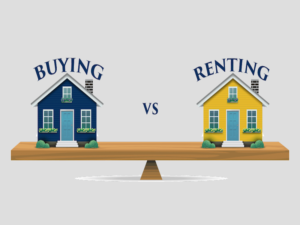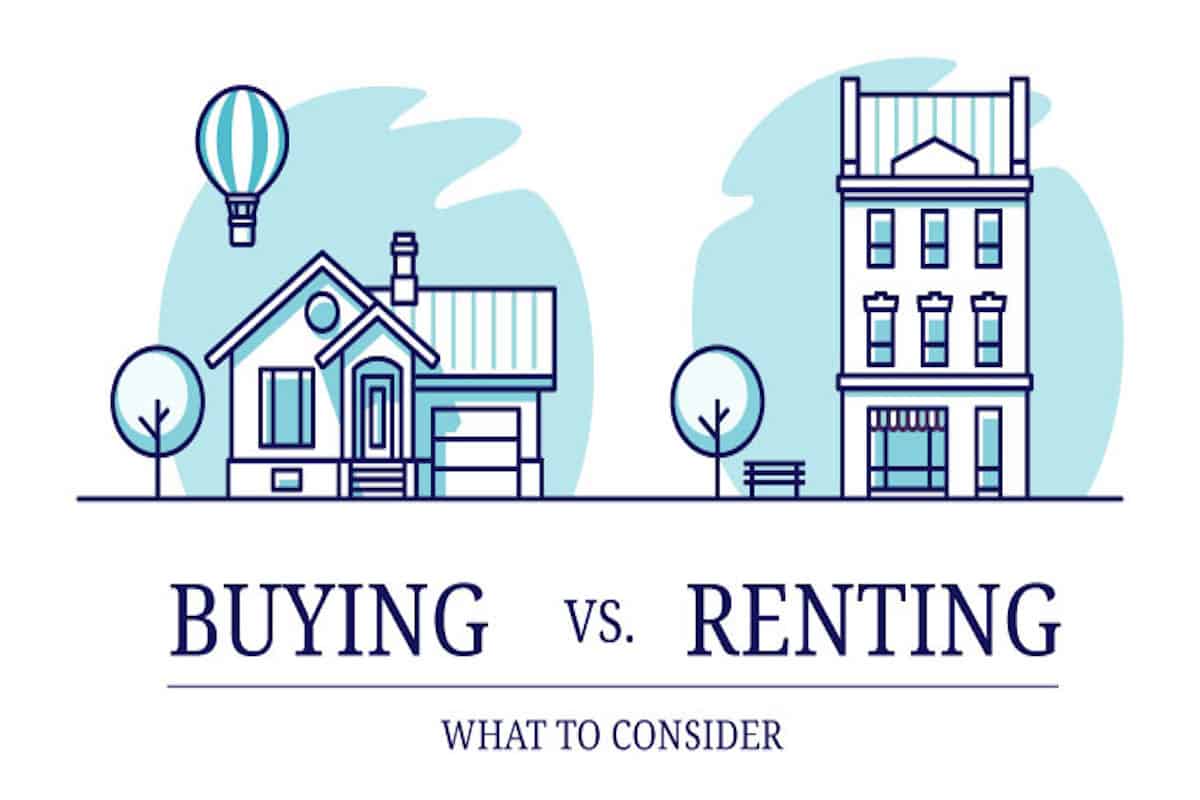The decision to rent or buy a property is one of the most significant financial choices many individuals face. Both options come with their own set of advantages and disadvantages, and the decision ultimately depends on your personal circumstances and long-term goals. In this blog post, we will explore the key factors to consider when deciding between renting and buying a property, helping you make an informed choice.
Financial Considerations: a. Affordability: Renting generally requires lower upfront costs, as you typically pay a security deposit and monthly rent. On the other hand, buying a property involves a down payment, closing costs, and mortgage payments. b. Long-term investment: Buying a property can be seen as an investment that may appreciate over time. In contrast, renting does not offer the potential for property value appreciation, but it provides flexibility and freedom from maintenance costs.
Flexibility and Mobility: a. Lifestyle and Commitment: Renting provides more flexibility, allowing you to move more easily if your circumstances change or if you prefer a nomadic lifestyle. Buying a property requires a greater commitment, as it ties you to a specific location and may be more suitable for individuals seeking stability. b. Customization: Homeowners have the freedom to customize and personalize their property as they wish. Renters, on the other hand, may have limited options and restrictions regarding modifications.
Maintenance and Responsibilities: a. Maintenance: One of the advantages of renting is that landlords are typically responsible for property maintenance and repairs. Homeowners, however, have the freedom to control and maintain their property according to their preferences. b. Additional Expenses: Homeownership comes with additional expenses, such as property taxes, homeowner’s insurance, and maintenance costs. Renting generally has fewer financial obligations beyond the monthly rent.
Market Conditions and Future Planning: a. Real Estate Market: Buying a property can be influenced by the current real estate market conditions. In a seller’s market, prices may be high, making it challenging to find an affordable property. In a buyer’s market, there may be more options and potential for negotiation. b. Future Plans: Consider your long-term plans. If you anticipate staying in one place for an extended period, buying a property may be more suitable. However, if your plans involve frequent relocations or uncertainty, renting provides greater flexibility.
 Conclusion: The decision between renting and buying a property is a complex one that requires careful consideration of various factors. Financial circumstances, personal preferences, long-term goals, and market conditions all play a role in making the right choice for you. Remember to assess your current situation, weigh the advantages and disadvantages, and consider your future plans. By doing so, you’ll be equipped to make an informed decision that aligns with your lifestyle and financial objectives.
Conclusion: The decision between renting and buying a property is a complex one that requires careful consideration of various factors. Financial circumstances, personal preferences, long-term goals, and market conditions all play a role in making the right choice for you. Remember to assess your current situation, weigh the advantages and disadvantages, and consider your future plans. By doing so, you’ll be equipped to make an informed decision that aligns with your lifestyle and financial objectives.



